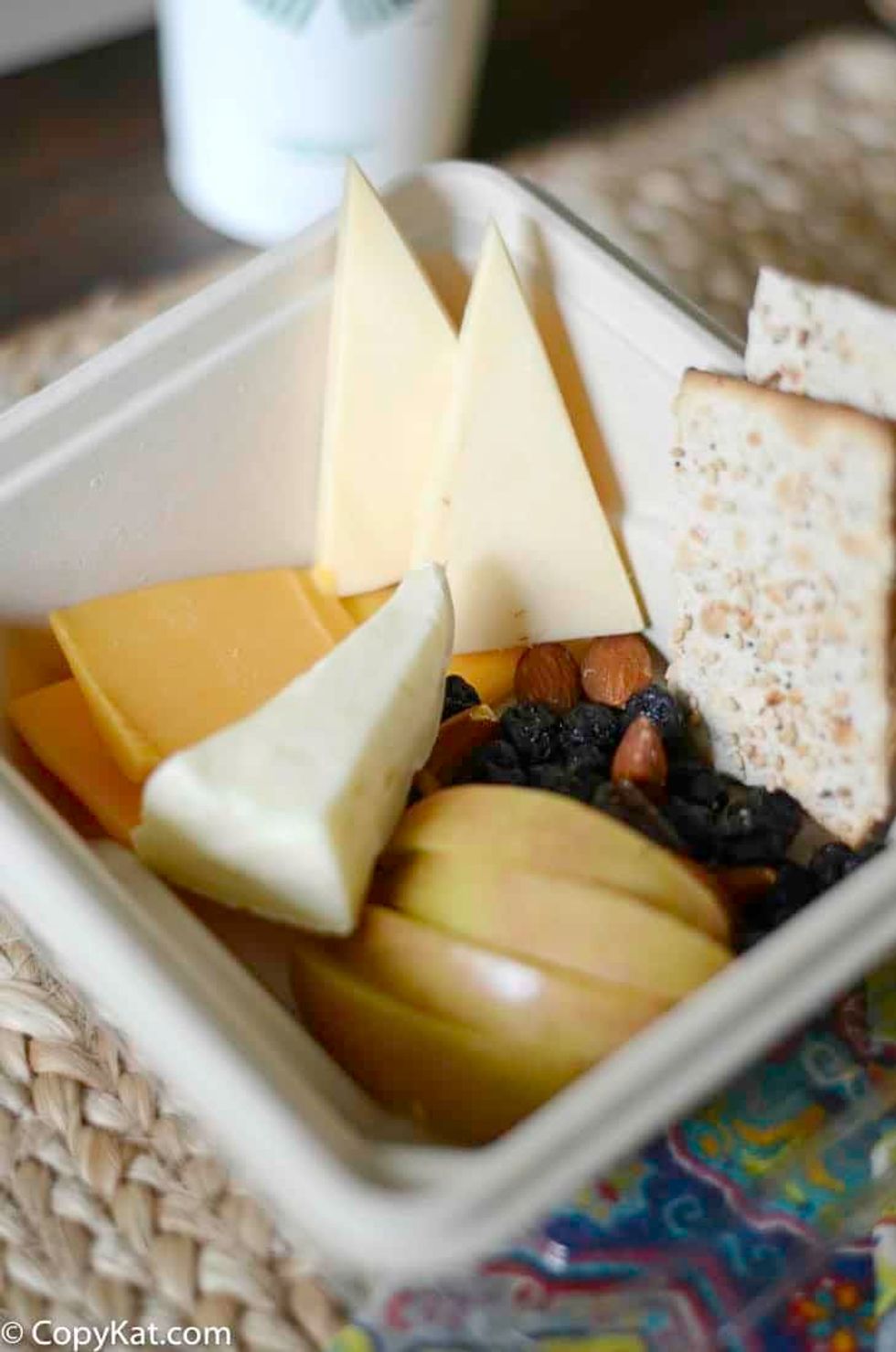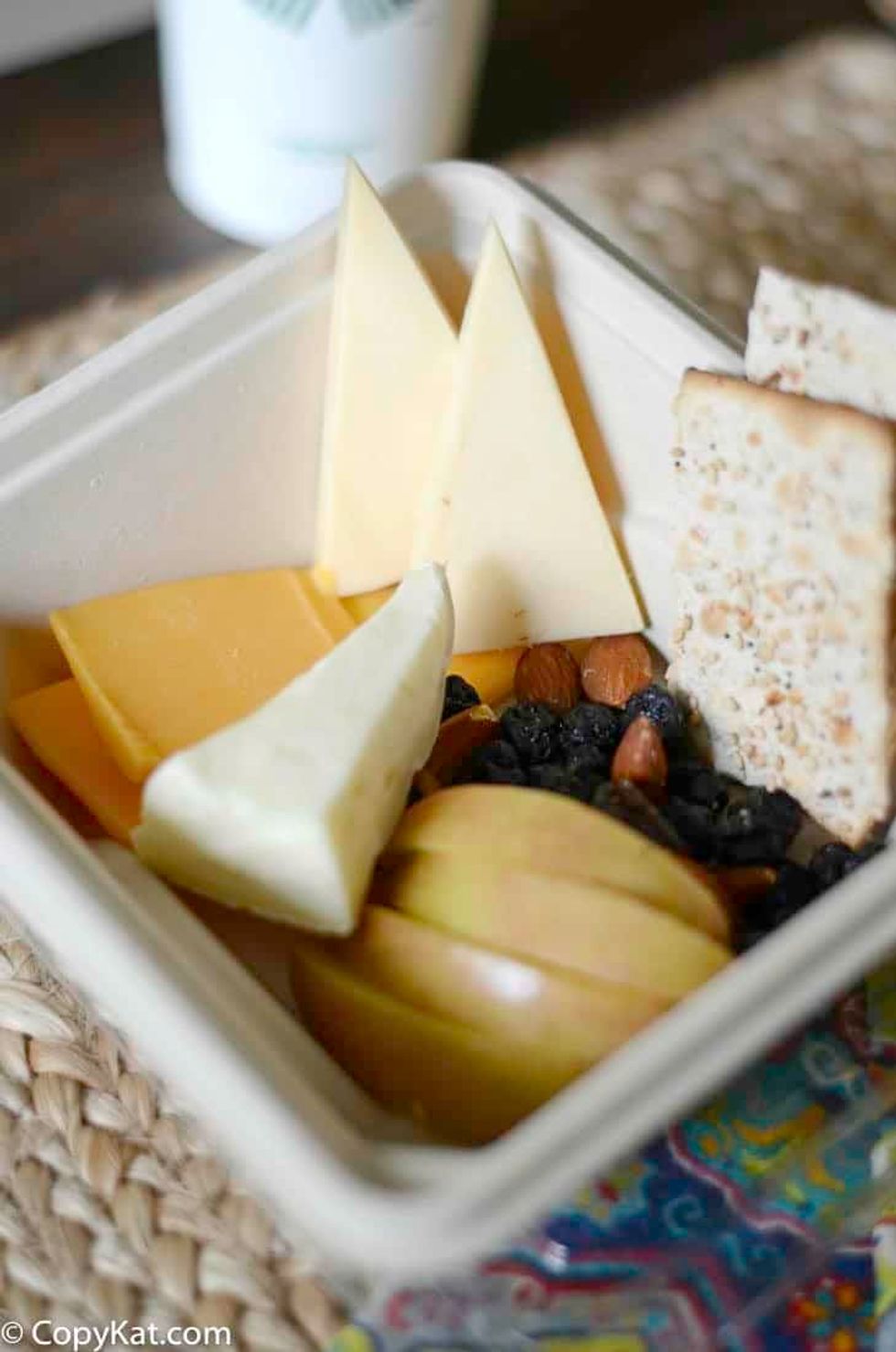
How to Meal Prep and Not Be Boring (Even When You’re Burnt Out)


I learned to cook when I was young, and I kind of loved it. Why? Like all children, I believed in lies, particularly when it came to useless and incorrect things, like the Tooth Fairy, ’90s toy commercials, or how to boil an egg.
When I was in my early 20s, a friend taught me the very basics of Korean cooking, which revived my interest in eating well and heartily, and enjoying the satisfaction of preparing good food for my closest friends.
Then I started grad school, worked two to three jobs in order to pay for grad school, and felt my future become less about #goals and more of a fuzzy theoretical possibility. So I stopped cooking. Why? I am too f*cking tired.
Of course, I’m not alone. “Millennial burnout” is that contentious but measurable phenomenon whereby my entire generation was raised to “optimize” ourselves and our time and our productivity 24/7—to the point that technology is rewiring our brains to think like machines, until we’ll inevitably have to forfeit some of our humanity just to become viable members of the work force one day (okay, that’s an exaggeration, but I did read it on the Internet). And with millennials earning an average of “20% less than boomers despite being better educated,” it’s not like we’re ordering takeout every other night of the week. Surveys suggest young people ages 18 to 29 are staying at home to cook more than previous generations. You know, because we’re broke as sh*t and stuff.
So with all that in mind, we, the Instagram generation, love the concept of meal prep. Accounts from all over the world and all levels of experience, from professionals to adventurous amateurs, share their tips and easy recipes. You don’t have to have energy or motivation or faith in the future to prepare interesting and tasty snacks ahead of time; you just have to follow directions.
Find DIY Recipes for Restaurant Favorites
- batch cooking
- black beans
- breakfast lunches
- cooked meals
- dinner recipe
- easy dinners
- eating healthy
- grocery list
- healthy eating
- healthy meal
- meal plan
- meal prep
- meal prep ideas
- meal prep recipes
- meal prep tips
- meal preparation
- millennial
- millennial budget
- millennial burnout
- overnight oats
- save you time
- shopping list
- single serve
- sweet potatoes
- weekly meal plans
- white beans




